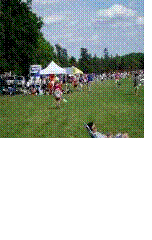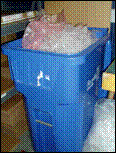





|
Education |
|
Services |




|
Business to business mentoring may be the most effective and efficient way to transfer environmental performance information and learning from one organization to another.”- EcoStar Standard 23 Business to Business Mentoring, Page 101, EcoStar Action Guide. |

|
Not a Member? Interested in becoming a member or learning more about EcoStar? Why not attend one of our workshops. All workshops are open to members and non-members. for information on the next workshop. |

|
EcoStar, Devens and the Eco-Industrial Park Concept:
Building on the redevelopment successes at Devens, the EcoStar program evolved from the Devens Industrial Ecology Project—a project that connects and improves relationships among companies in Devens, improves economic development for the region, and helps preserves existing natural resources for generations to come. The Applying Industrial Ecology to Devens report summarizes research undertaken by the Industrial Ecology Project's lead agency, the Devens Enterprise Commission, to learn about industrial ecology and how it can help businesses perform more efficiently and meet the reuse goal of a sustainable redevelopment of Devens. |

|
An aerial view of the Devens Eco-Industrial Park. Click here for a full aerial view of Devens |





